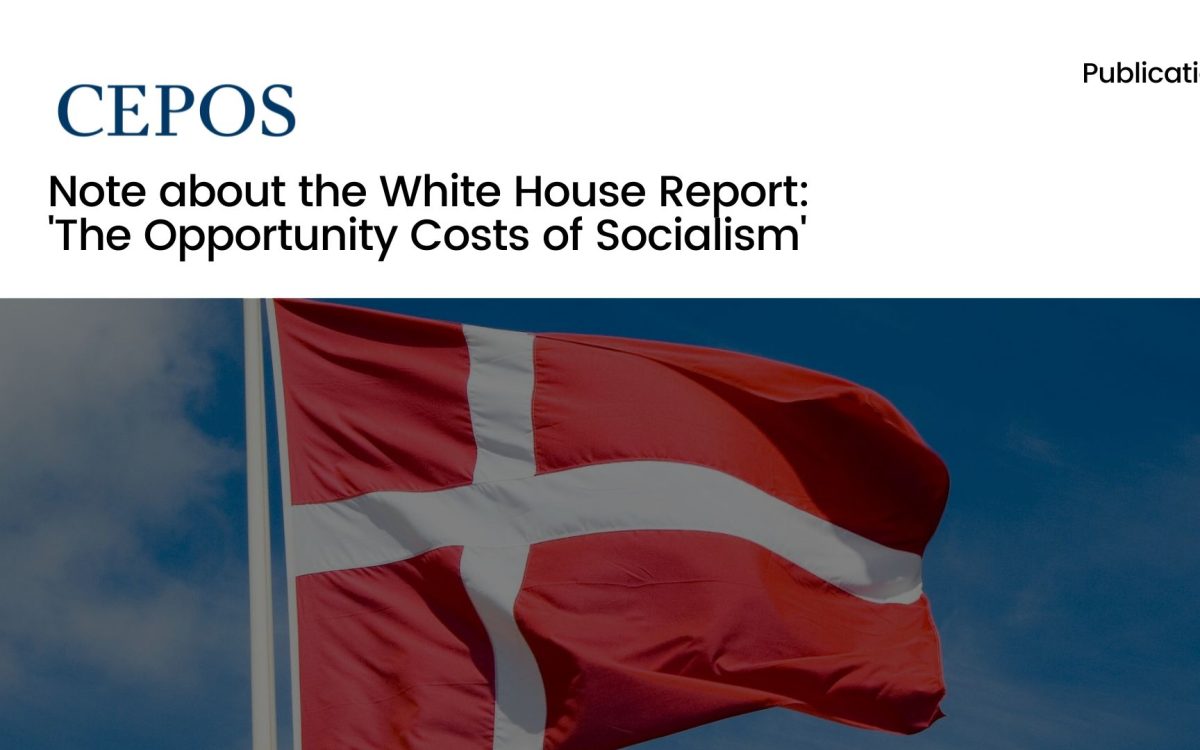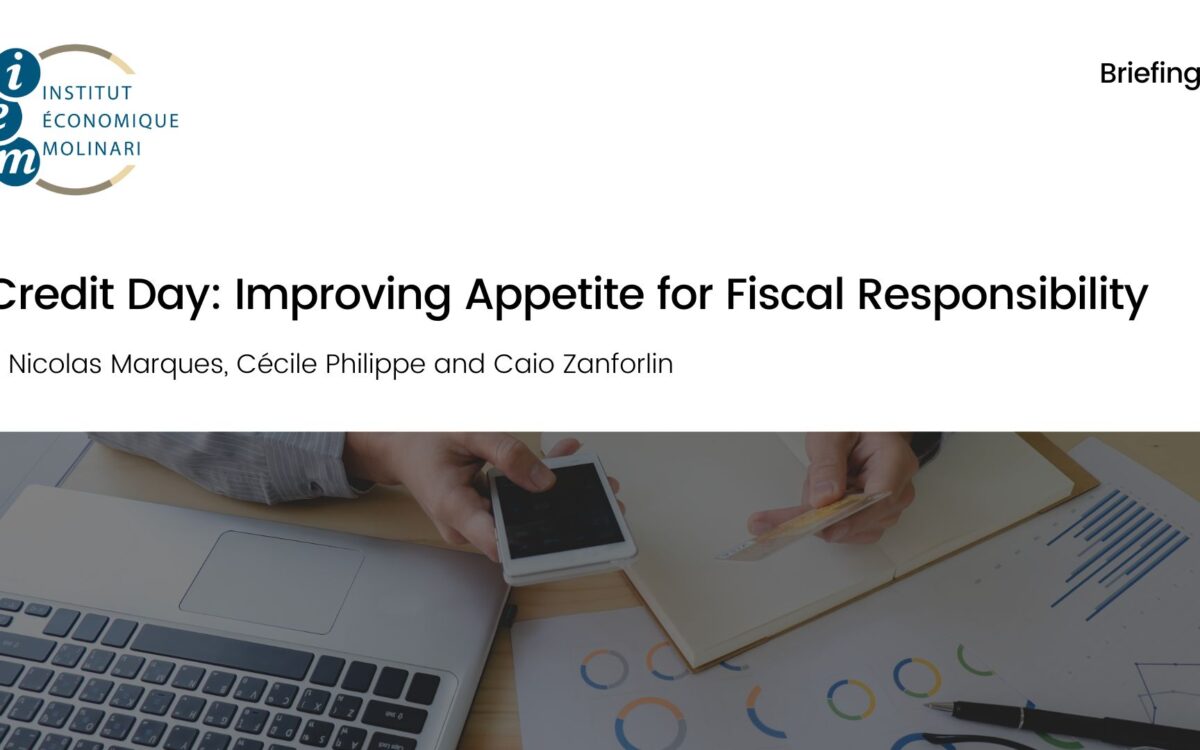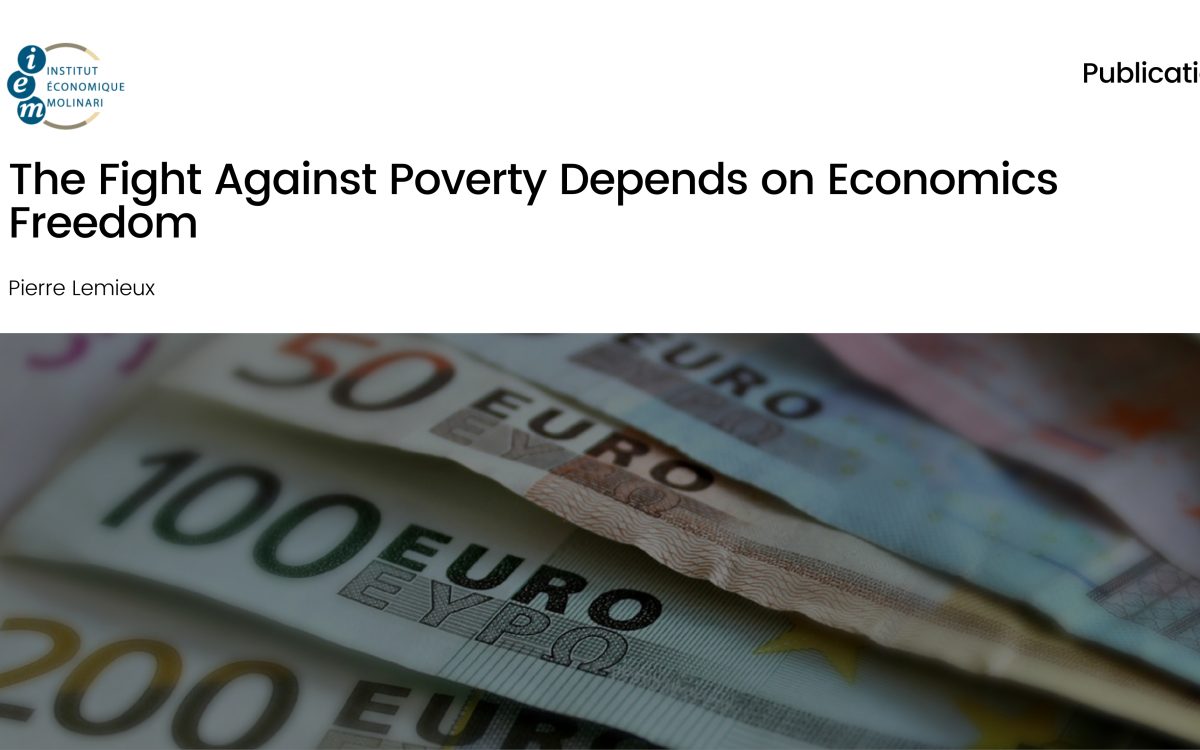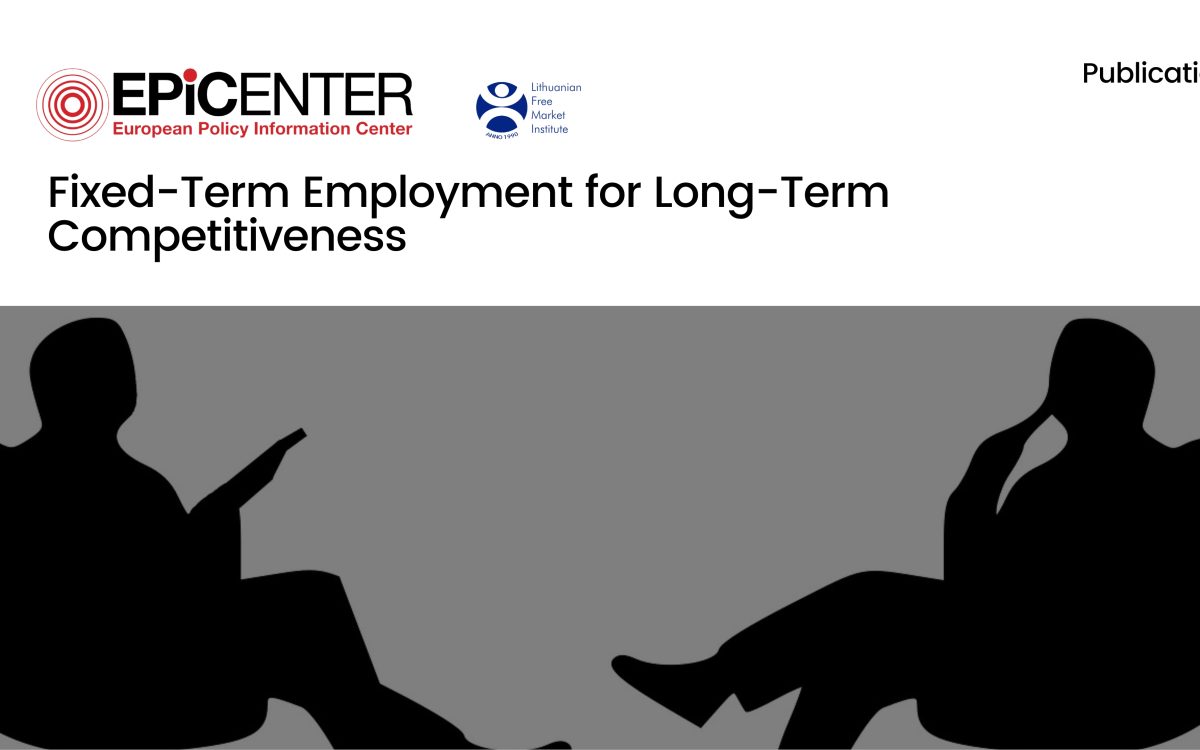January 9, 2019
The White House’s Council of Economic Advisors (CEA) has published a report: “The Opportunity Costs of Socialism”. It is an interesting report with many relevant findings and conclusions. Its primary focus is describing the (negative) economic consequences of socialism as it was practiced in for example the Soviet Union. The report also includes a section about the Nordic countries including Denmark.








